Ryka Aoki is a poet, composer, and teacher and author of Seasonal Velocities, He Mele a Hilo (A Hilo Song), Why Dust Shall Never Settle Upon This Soul and The Great Space Adventure. Her next novel, Light from Uncommon Stars is forthcoming from Tor Books September 2021.
I had the opportunity to interview Ryka, which you can read below.
First of all, welcome to Geeks OUT! Could you tell us a little about yourself?
Thank you for having me! It means a lot to be chatting with the folks at Geeks OUT. I’m Ryka, and I write, compose, and teach martial arts and self-defense to queer and trans women at the TransLatin@ Coalition in Los Angeles. My favorite composer is Chopin and since COVID, I miss eating hot pot with friends. I think everybody reading this should watch “Yuri on Ice.” I have a pet python named Peppermint. And my latest novel is Light from Uncommon Stars!
What inspired you to get into writing, particularly speculative fiction? Were there any writers or stories that sparked your own love and interest in storytelling?
I can’t ever remember not being a writer. It always just seemed to be that thing I did. Even when I tried to do something else, I always came back to writing.
Growing up, I enjoyed science fiction and fantasy. Magazines like Analog and Amazing made me fall in love with the short story. Isaac Asimov’s “Nightfall” was another one. But I also felt there was something self-assured in that writing—it seemed almost overly indulgent—in a way that I wasn’t allowed to be. When it came to my own writing, I was quite aware of my own nonwhite background and outsider identity…and I realized that people like me were not meant to save the Universe.
Instead, I found much more resonance with writers like Toni Morrison and the late Primo Levi who wrote of worlds much closer to us, sometimes tragically so. So, I channeled my writing into poetry and literary fiction and essays. In fact, I still love all three.
What brought me back into speculative fiction was a short story I wrote for the trans speculative anthology Meanwhile, Elsewhere. I didn’t expect it, but writing a science fiction short story gave me a very familiar thrill. I wanted more,
And I as started watching anime and manga like “Aria,” “Space Battleship Yamato,” and “Sailor Moon” and “Macross” I realized, in a very SMH way, that there was more to speculative fiction than what was being produced in the United States.
And so, I took everything that I knew, and channeled it into imagining what I wanted to know. I’m very happy with the result. ☺
Music and food seem to be pretty strong elements of your latest book, Light From Uncommon Stars. What prompted you to write with this in mind?
Culture is conveyed so often and so well through food and music, yet there’s comparatively little cooking and music in science fiction. Yes, I know there’s some, but compared with space battles and aliens and epidemics and geologies…not too many depictions of rice porridge.
More personally, unlike a lot of my friends, I don’t have the constant “internal monologue” that people were talking about so much a year or so ago. So nonverbal forms of communication such as food and music feel very close and real to me.
I tell people that I love them with my cooking. And sometimes, I don’t need to watch a movie; all I need is the soundtrack.
When I write, I have music playing and I have rice cooking. I have images and smells and tastes and dreams of where I want a story to go. But words on the page can feel almost after-the-fact. I have these feelings and they go on the paper and everything that I was feeling at the time—the music or the food or the way my feet feel on the floor—makes their way into my work.
But often, I don’t even know how the words are going to be coming out. Of course, later I’ll go back and edit them. But the way the words form is still a mystery to me.
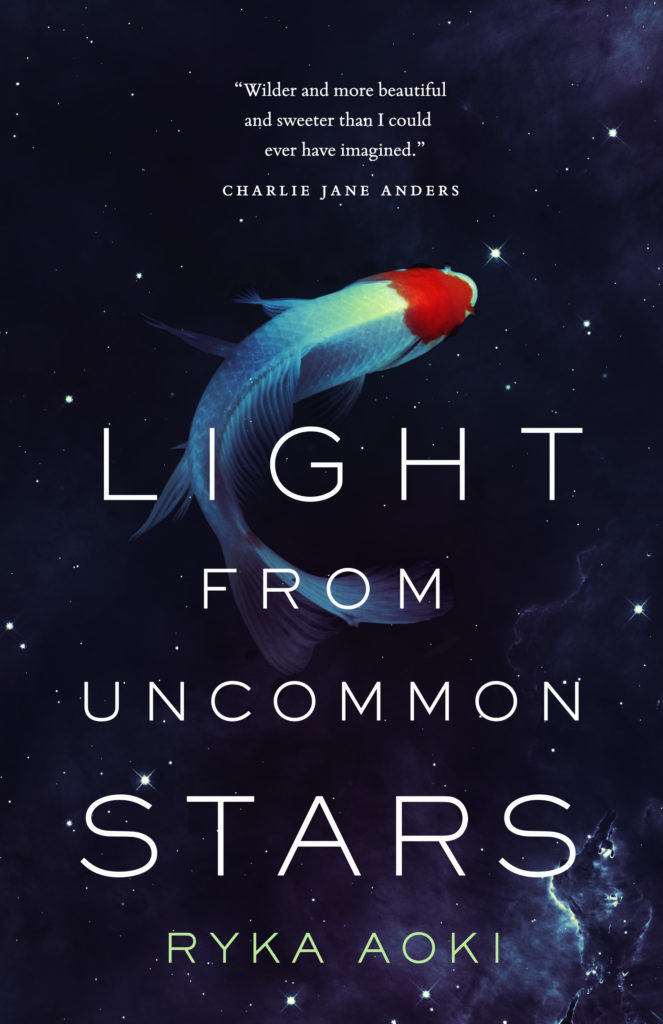
On that note, what would you say are some of your favorite things to eat and favorite artists/ types of music to listen to?
I’m particular with the music I listen to as I write. I use a lot of YouTube. I search for what would make a great soundtrack for the story or chapter that I’m writing. For example, the novel I’m working on right now has a lot of wistful, slightly mysterious music because I’m hoping to put some of that into the book. In general, I like music that’s not too percussive, because it startles me, and I try to avoid piano music because when I hear piano, it just makes me feel guilty that I’m not practicing.
Also, some music is just too emotional. If I am listening to the soundtrack of “Your Lie in April” I’m not going to get any writing done. I’m just going to be crying.
With food? Even though I talk about them all the time in Light from Uncommon Stars, my main writing food is not donuts. It’s potato chips. I have to be careful when I’m writing because if I’m not careful, I can cut through an entire big bag of potato chips while I’m concentrating on work. So instead of buying a big bag of potato chips, I have to buy small bags of potato chips so I can keep track of all the potato chips that I’m eating.
At least that’s the theory. What usually happens is that I just eat all the small bags of potato chips anyway.
When many people think of science fiction, many often think old white cis men. Yet as a genre, science fiction has always attracted marginalized writers, from female authors such as Mary Shelley and Octavia Butler (who also further revolutionized the field as a woman of color) and Jewish science fiction writers who invited new realities outside of the hostile ones they inhabited, as seen in the various Jewish comic book makers who were drawn to the field due to anti-Semitic hiring practices in other fields. What’s your take on this as a trans woman of color?
This is not an easy question to answer. On one hand, so many amazing female writers and artists have done brilliant work before me, and it feels natural to want to continue this legacy.
However, there are in cases where some of my writing role models have said damaging things to queer and trans women. And there’s always the possibility of anti-Asian sentiment. So, I will always respect and admire the work, but will also be careful not to idealize the creators themselves.
I guess that’s just another way of saying that I try to keep grounded and focused on own universe and my own writing, because I know that here I can find inclusion, possibility, and love—at least in a way that works for me.
What are some of your favorite elements of writing?
Besides the potato chips? I love the first part of writing, when there’s a blank page in front of me and I have pretty ink and a nice fountain pen.
And I love all the middle parts, and the frustration when something’s not quite working because then I just laugh at myself and say, “You asked for this! You’re the one who wanted to be a writer—now look at you!” I love writing a scene and crying while I’m writing, and thinking, “Gosh, I don’t know for certain, but think my readers are really going to like this!”
I also love people-watching, and going to places that I’m writing about to catch a scene, maybe taking a picture. Sometimes I don’t know what I’m going to catch. Maybe it’s just a color or maybe it’s someone pushing an ice cream cart. And then it’s going to show up in the book, and that’s the best thing.
And I also love the last part of editing, where I’m just tying up those little loose ends here and there. But each time I do it, the manuscript shines—it’s amazing how much like poetry a late-edit novel can behave.
What advice would you have for aspiring writers, especially other queer writers?
It’s good to be queer. It’s good to be trans. It’s good to be beautiful. It’s good to be badass. It’s good to be a pillar in the community. It’s good to be a good friend. (Actually, it’s really great to be a good friend.)
But if you’re going to be a writer, what’s most important is to be good with you. Sometimes, even though you are part of a queer chosen community, you must consciously disengage from that queer chosen community. And you’re going to feel guilty sometimes.
But please try not to.
Yes, there are so many compelling stories around you, but as a writer, you desperately need time and space to listen to your own.
And I know that can suck, because being queer or being trans is lonely all on its own. I know all about that one.
But nobody else can write your story—the one only you can write. The one that the world needs to read. When they talk about bravery as a writer, I found where I’ve had to be the bravest is where I’ve had to be alone. But so many readers have been grateful for what that loneliness produced.
So, is it worth it? For me, absolutely.
What’s a question you haven’t been asked yet, but wish you were asked (as well as the answer to that question)?
“So many of the bonds in Light from Uncommon Stars are maternal. What does motherhood mean to you?”
One of the toughest parts about my being a trans woman, taking hormones and doing all the medical things that one does, is that I sterilized myself. Sure, I can bank my semen, but even then, I’m never going to be able to physically give birth. Speaking for myself, because all trans women are different—but speaking for myself—this is emotionally the most difficult part about being trans.
However, life goes on. I teach, and I have these books, and in these books, I can write characters who are mothers. I think I’m always going to have mother figures in my work. I’d like to say it’s for altruistic reasons, but some of it is envy. I so wish I could be a mother.
And yet, my books are like my children, and seeing them out in the world interacting with folks that I will never meet making new friends…that makes me so very, very proud.
In addition to being a writer, what are some things you would want readers to know about you?
Gosh, the whole point of being a writer is that it helps me interact with people. I don’t know where I would be without writing.
Let’s go with this—I am very grateful to be able to pursue something that I love very much. However, being transgender in this country remains precarious for all trans people. It seems that every time we relax, someone wants to take one of our human rights away or another. I’m very lucky to have had the chance to speak with you, and even more so to have this opportunity to become a writer. I am very, very grateful.
However, having this sort of opportunity and feeling safe are two different things.
So, I encourage non-trans-identifying people to get to know more of the trans people in your community. Maybe first as allies, but as later friends–even as family. Not the lip-service kind, but the real kind. There’s a lot there to love. I think your life will be so much better for it. And, if enough of y’all do this, I think it’s going to be easier for trans people like me to exhale and sleep at night.
Are there any other projects you are currently working on and at liberty to talk about?
I’m deep in the middle of my next novel. It’s not a sequel, but it’s going to take place in the same universe as Light from Uncommon Stars and there may even be a couple characters that carry over. I can’t talk about it too much, but, as I told my editor, if I can write the story that’s in my heart, I’m going to be thrilled and proud to bring it to you.
I’m also writing a weekly newsletter called “Ryka’s Most Excellent World” (rykaworld.bulletin.com) where I can explore topics that might seem random, even contradictory, to uncover insights and relations that may be hidden in plain view. One of my recent essays discussed supermarkets and supersymmetry and makeup artist Kevyn Aucoin.
And, because of COVID, I’ve not been able to have self-defense classes in person. so, I’m working with two of my senior students to create a manual of everything we teach for the TransLatin@ Coalition. It’s exciting because we’re going to be writing it in Spanish and English.
Finally, what LGBTQ+ books/ authors would you recommend to the readers of Geeks OUT?
Sure! The first is Samuel R. Delany. A good place to start is Dhalgren. The second is Rachel Pollack, with Unquenchable Fire or Doom Patrol. Both Delany and Pollack are in their 70s—Samuel Delany will be 80 next year.
With so much beautiful queer (and BIPOC) and trans literature being produced, by so many beautiful LGBTQ+ writers, Delany and Pollack remind us that so much of what we think is new today was also new years ago.
And that’s the way it should be, because as long as humans have been able to see the stars, LGBTQ+ people have been there to fill the skies with stories amazing and profound.


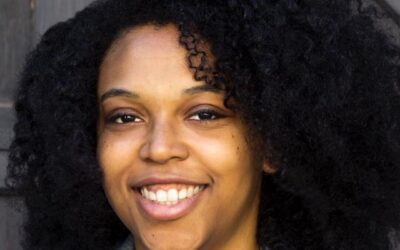
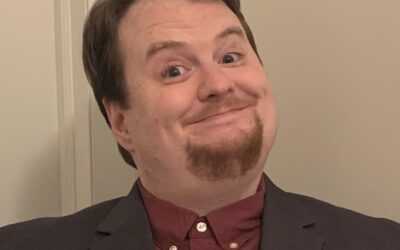
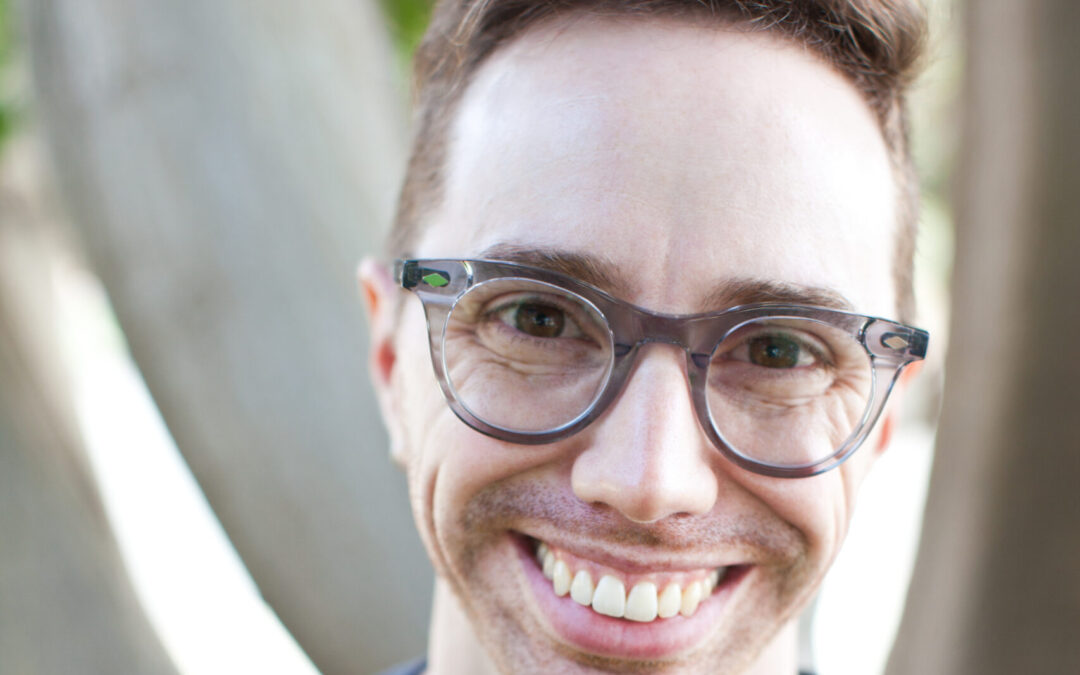
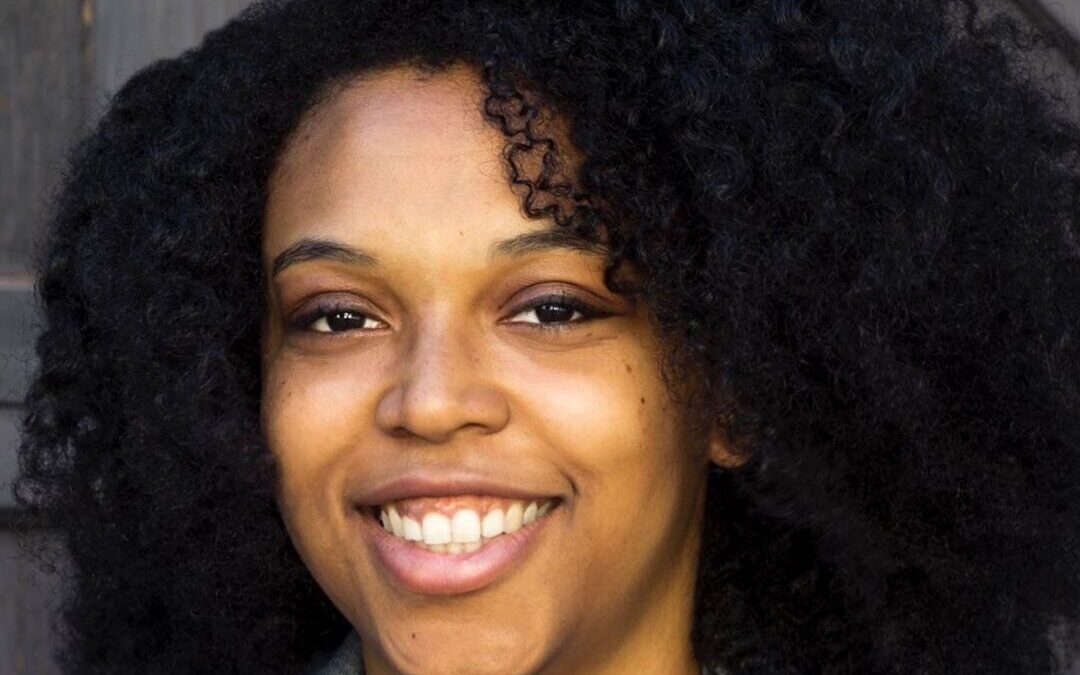
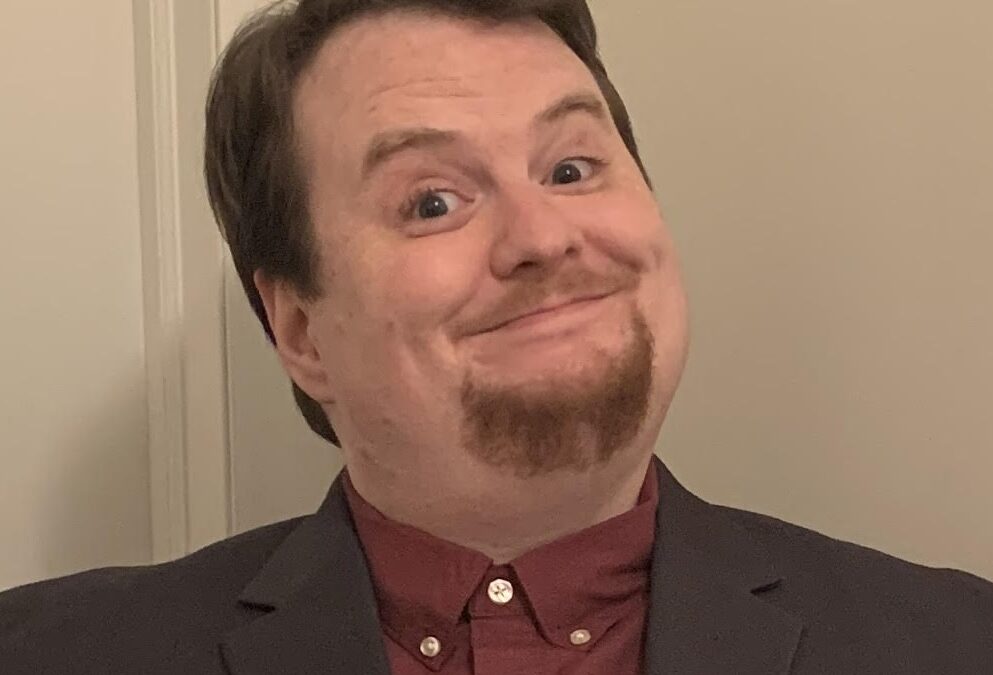
0 Comments